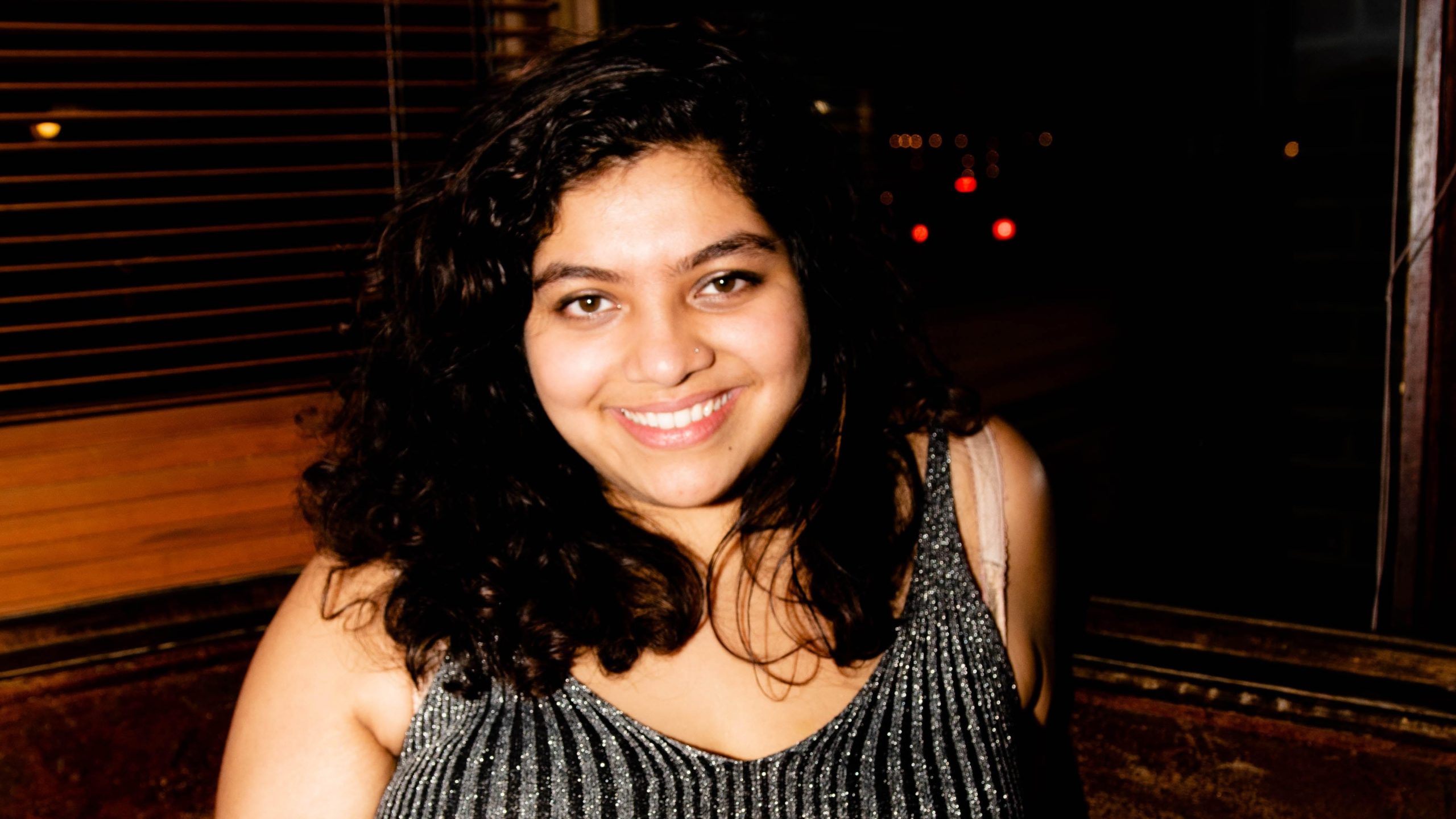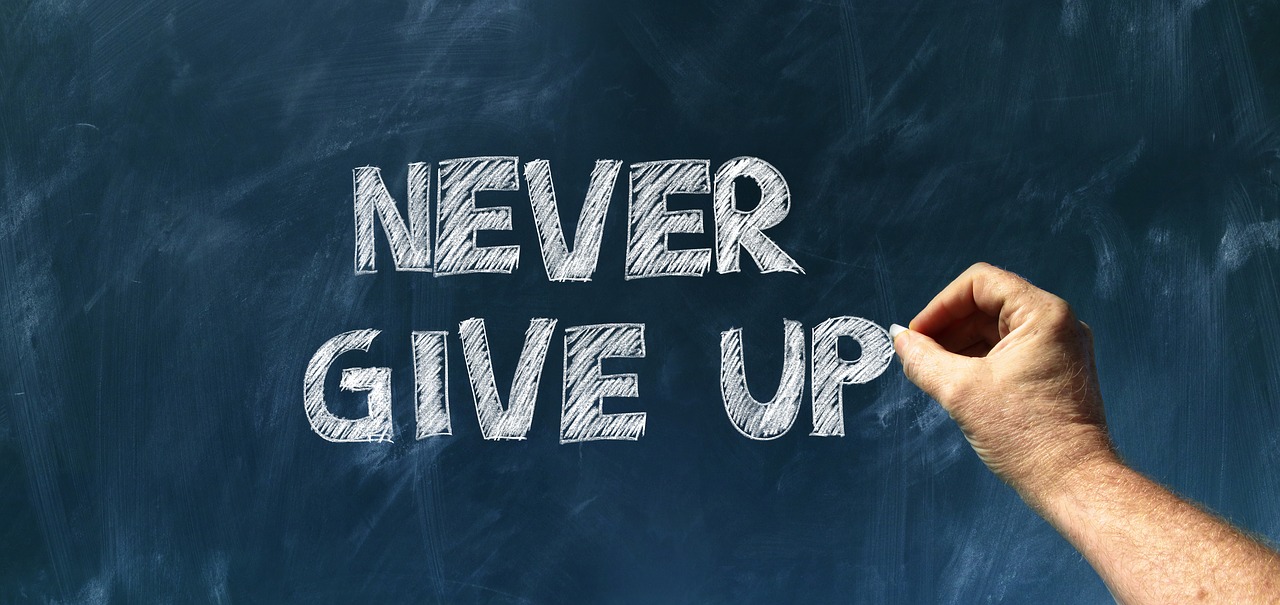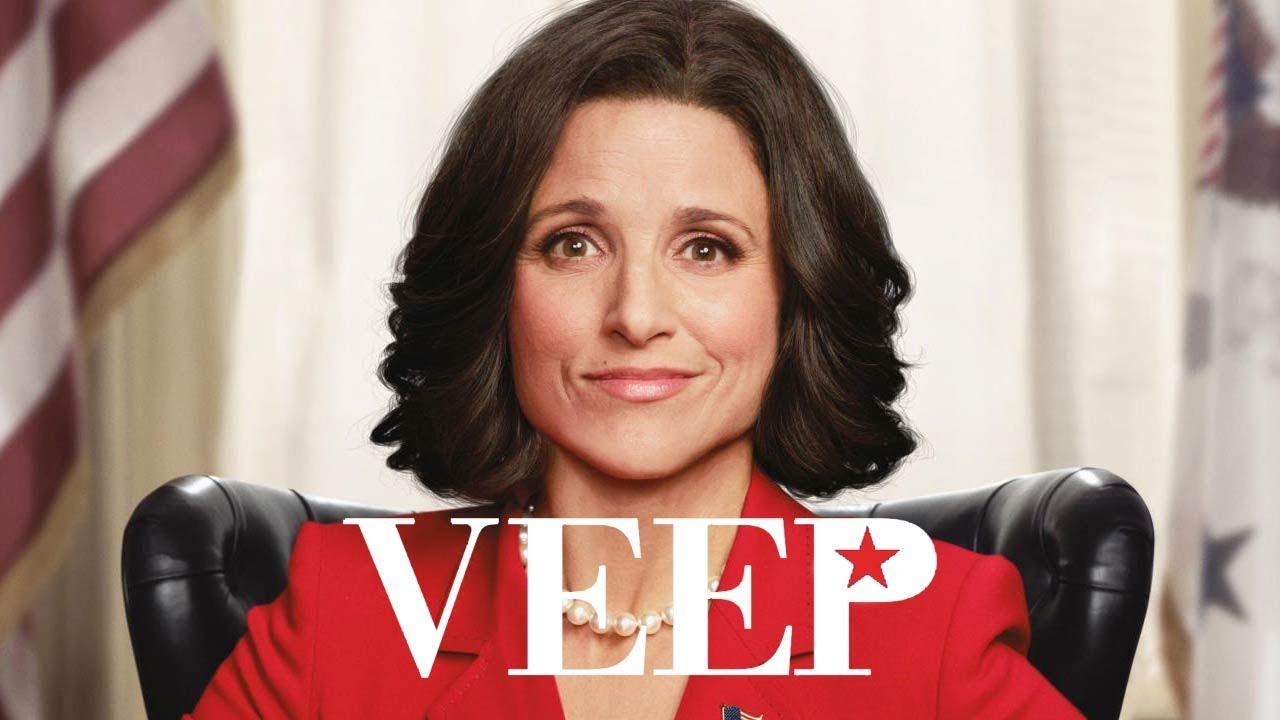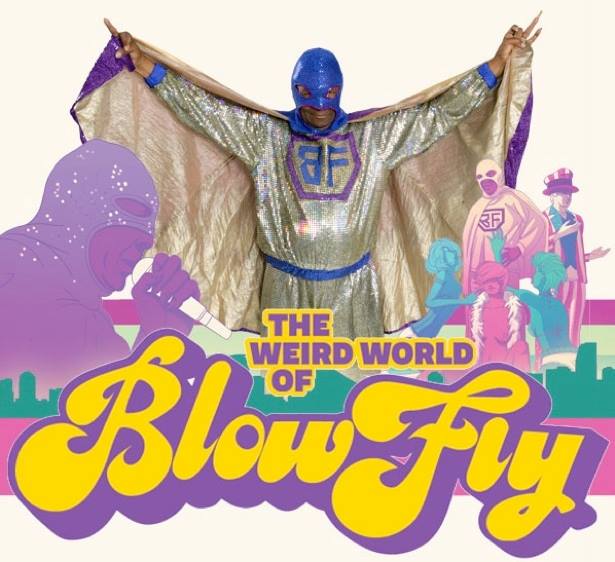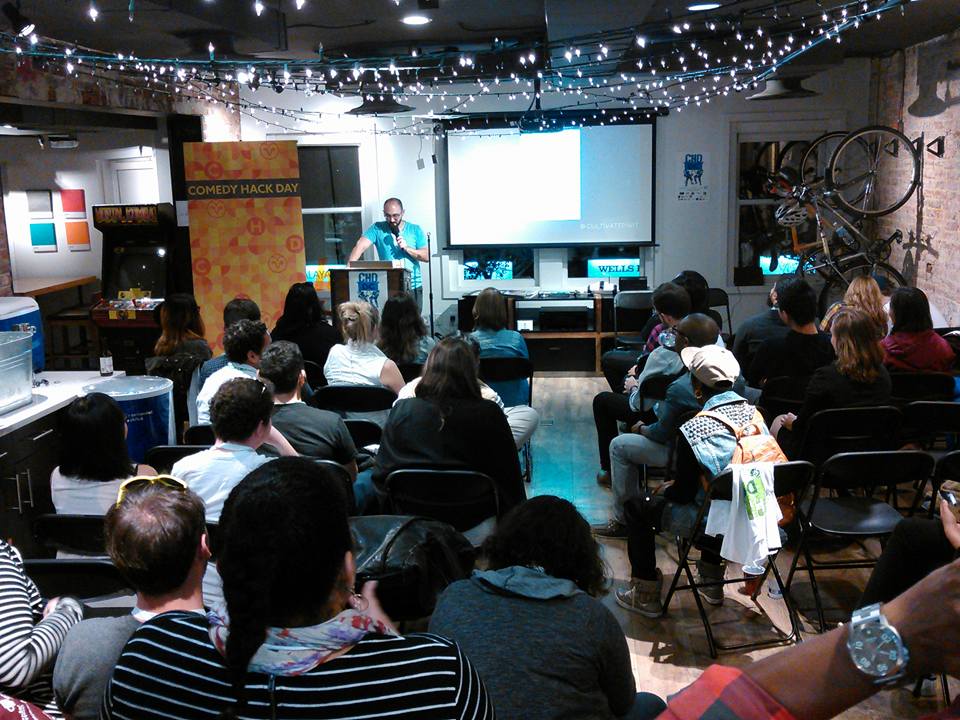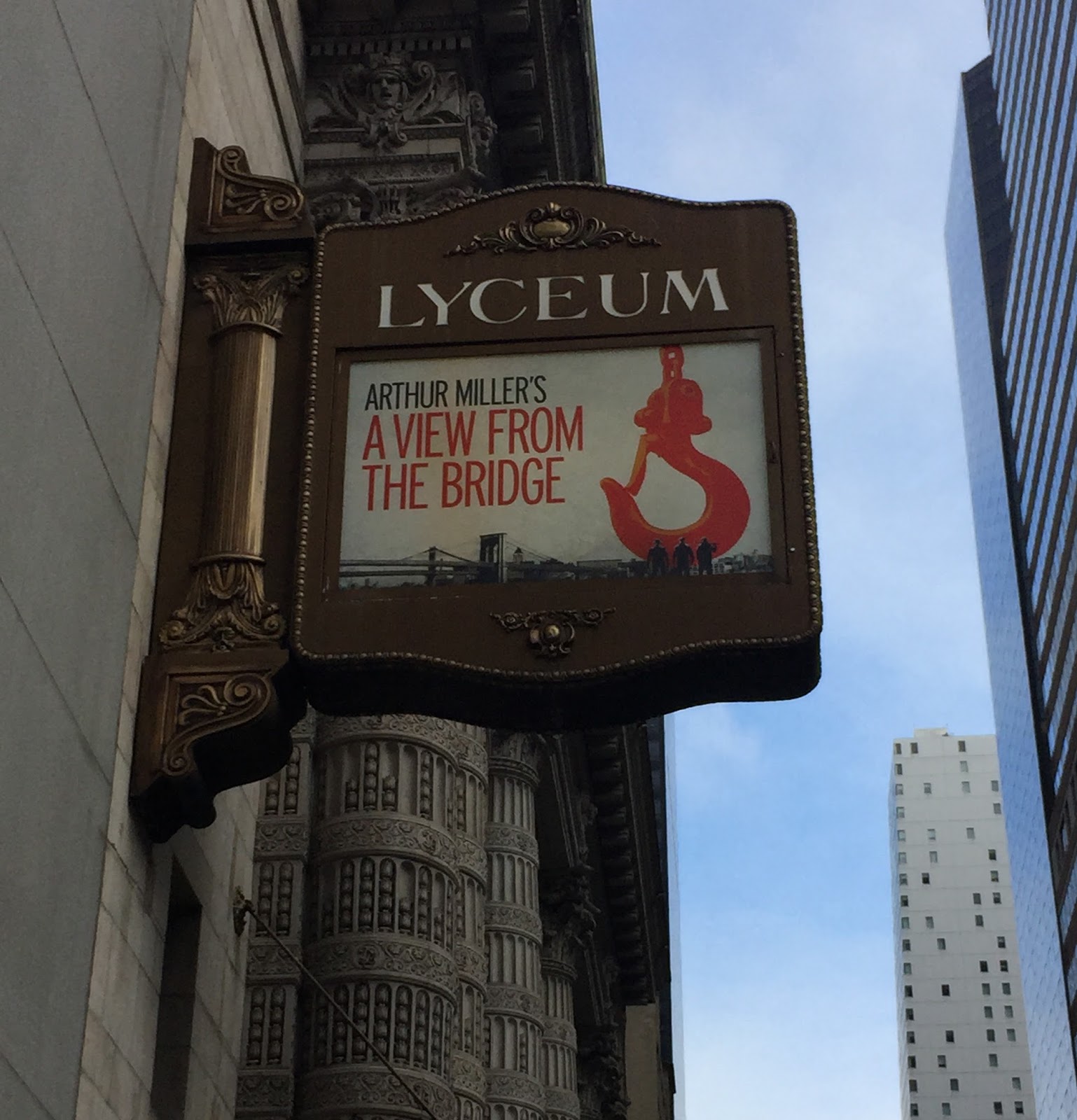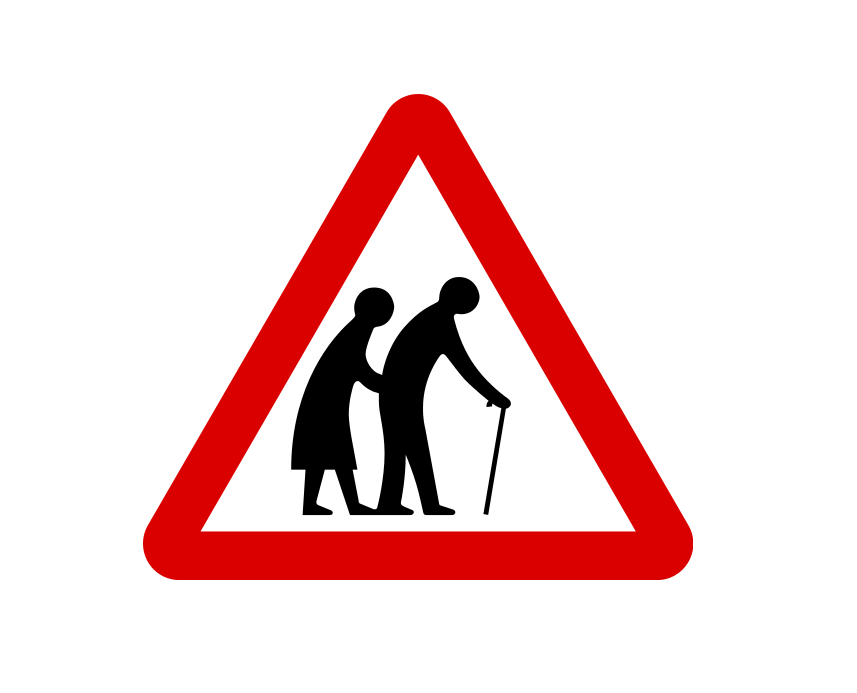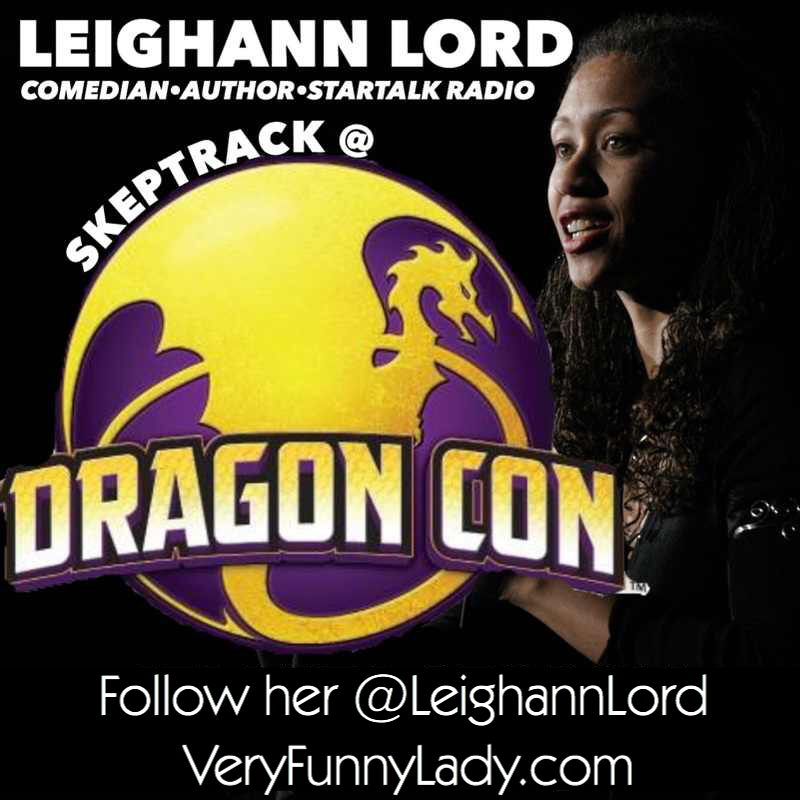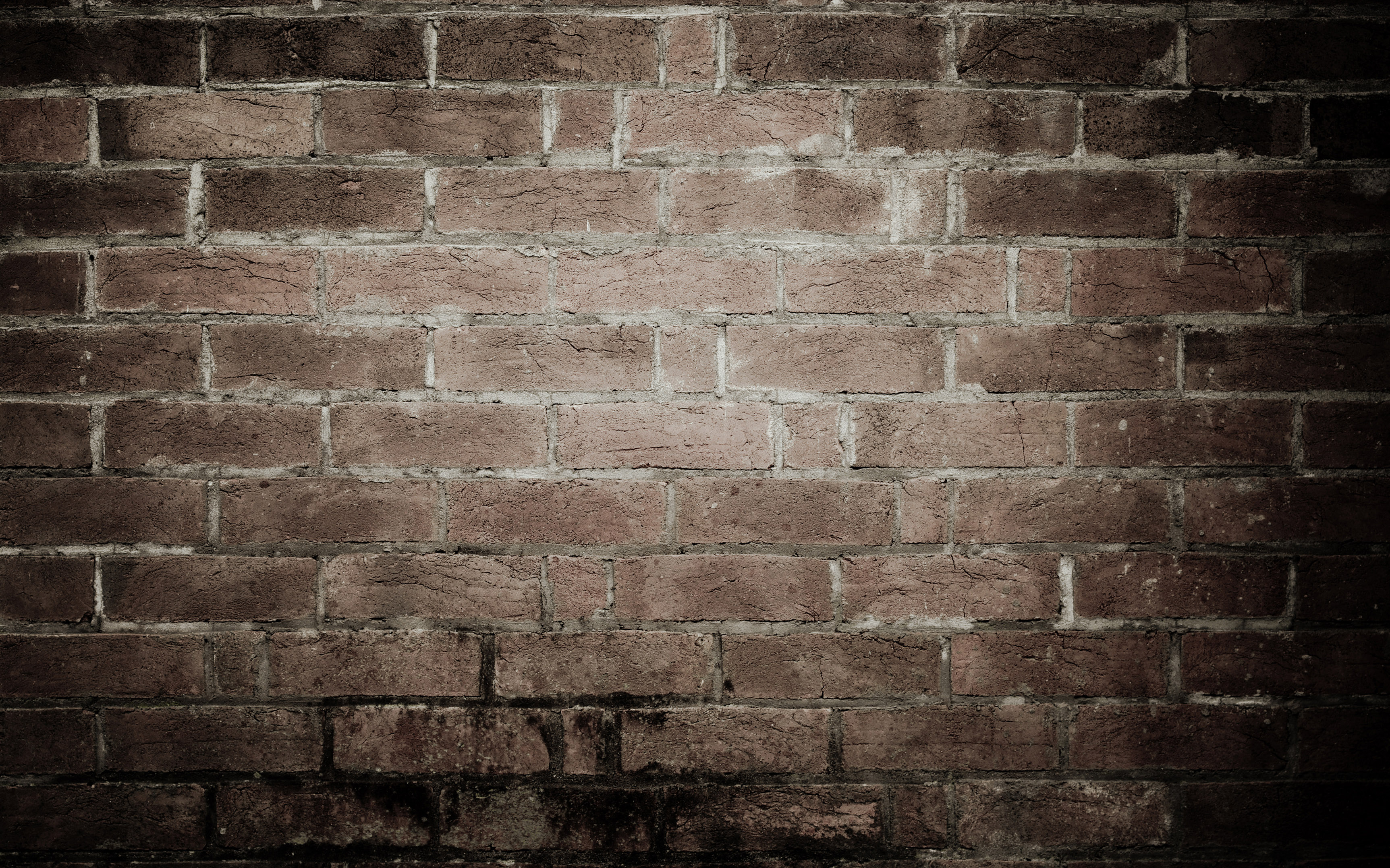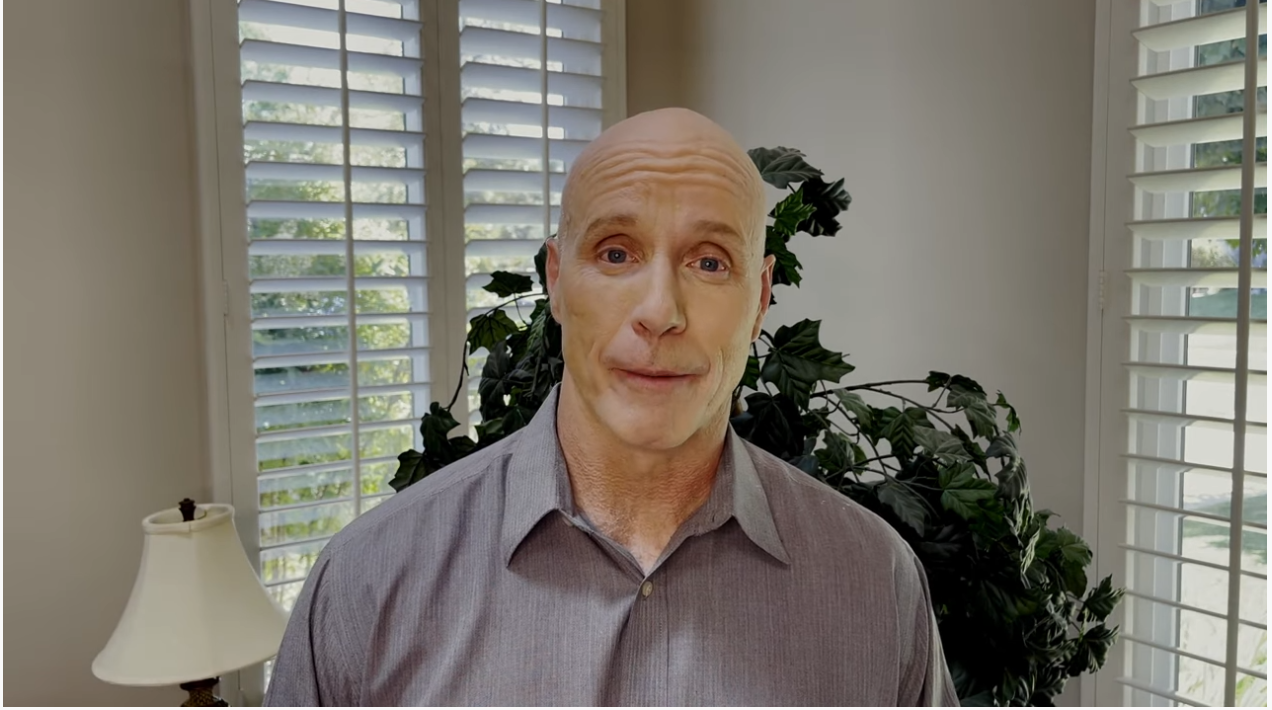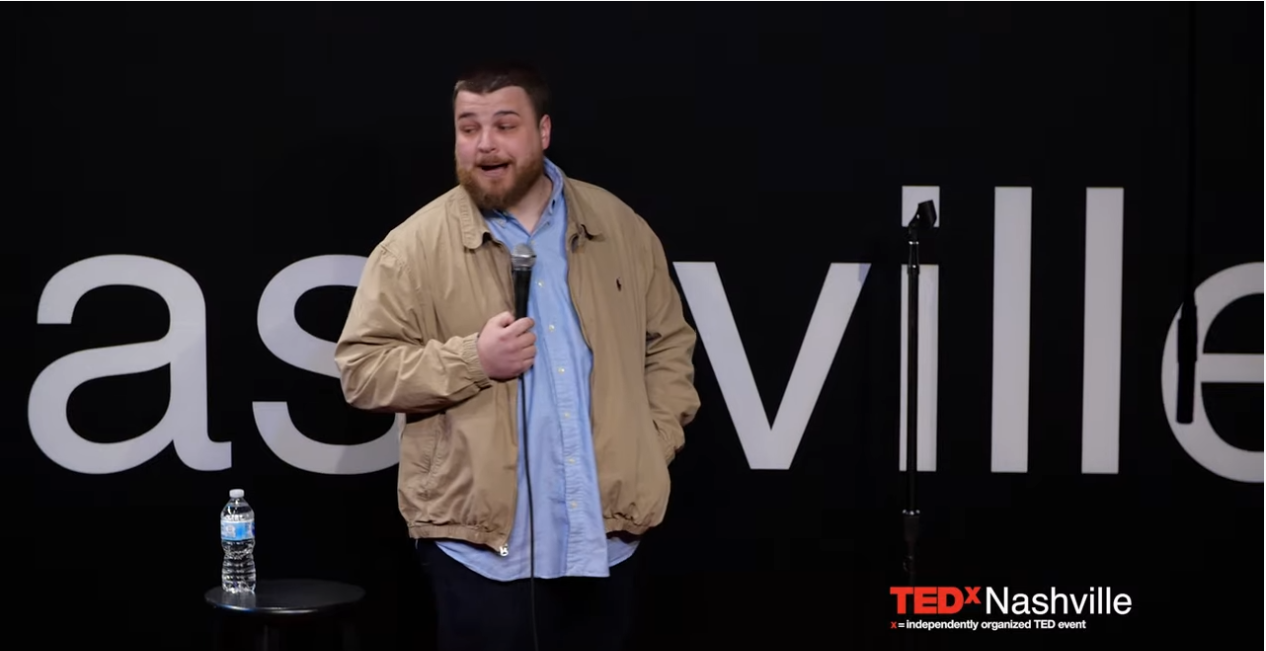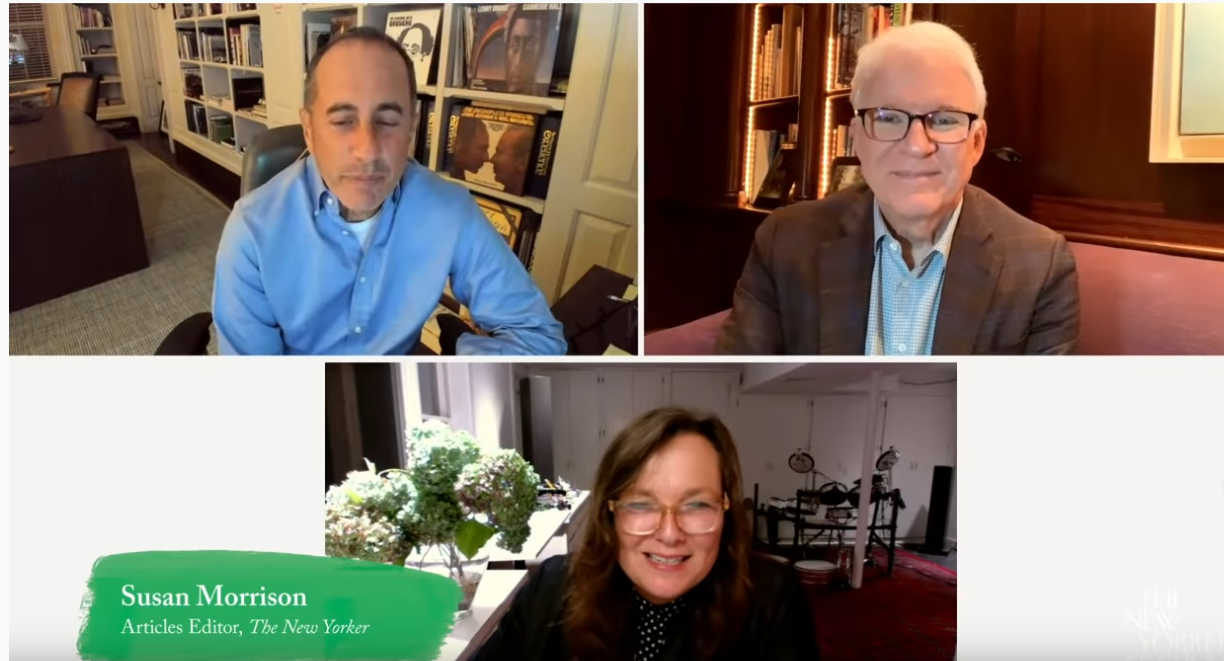STAGE TIME talks to comedian-musician Mike Rayburn about his latest release, Mike Rayburn at Carnegie Hall and why he relates to Carrot Top.
How did you get the opportunity to record your album at Carnegie Hall?
Years ago, I had an agent who works with a band called 1964 the Tribute, which is a Beatles tribute band. They were selling out 1,000-2,000 seats everywhere they went. I was doing the college market at the time, and I wanted to do something different. So I called my agent and said, “Tell the promoter of the 1964 shows, I’ll open it for free.
It took a while, but we started doing those, I would make more money on CD sales than I would make for concert fees at colleges. I ended up doing that about two or three of them a year, but I kept regularly doing them. And then a certain promoter named Mark Johnson got involved with the band and said, “I want to take them to Carnegie Hall.” And my old agent said, “They can’t go to Carnegie Hall.” And he said, “Why not?” “Well, it’s Carnegie Hall and they’re a Beatles tribute band.”
Sure enough, he got them booked at Carnegie Hall; they needed an opener and they called me. And so I opened the show that was at the Isaac Stern Auditorium, which went really well. The next year, they booked us for two shows. I called the promoter and said, “Look, I’m opening two shows. We show the reaction. There are 2,804 people on each night. Book me a week later at the Weill Recital Hall, which is their smaller, 268-seat venue, and we’ll sell tickets. I bet we can sell out.” And we did.
The next year, I played at the Zankel Hall, so I’ve done all three of their stages. We recorded the live CD at the Zankel. I played Carnegie Hall because 12 years ago, I offered to open for a Beatles tribute band for free.
What was your experience performing at Carnegie Hall?
It’s the brass ring for any musician and then to do comedy there, and have it work out that way, because they weren’t expecting that. They were all there to hear the Beatles band, first off. Now when I was headlining, of course, they knew what they’re getting, so they weren’t expecting it. I think it went even better because of that. Because my motto has always been, “Give the audience what they want but never what they expect.”
You’re standing in this place where — I make this joke on the record — but I’m standing in a place where Ella Fitzgerald, Billie Holiday, John Lennon, Leonard Bernstein, and even Tchaikovsky himself have stood in the exact same spot and I’m waiting for someone to tap me on the shoulder and go, “We didn’t mean you. Please sit back down.” But there’s a vibe about it. There’s a spirit. You can tell that a lot of music, a lot of great stuff has happened there, and to me, it was kind of the brass ring.
What went into recording the album?
Well, it’s my show, so I just had to be on with what I did. I thought I wanted to push the limits a little bit of what Carnegie is used to, and there’s a few songs on there that definitely do that. They actually recorded it on antiquated equipment, but it sounds great. They know what they’re doing. The sound quality was just awesome. And we didn’t do any enhancing or sweetening. On the CD, we didn’t go through and dub any laughter or anything. It all just came out so nicely that we just let it be what it was. What you hear on the CD is what happened.
What advice do you have for comics who want to record an album?
Remember it’s both an art and a business. Be really good and ask people to buy. But don’t skip on the being really good. Don’t get complacent that you’re not willing to go back and learn — I mean, when I go to study with Robert Fripp, I’m going as a beginner, and I’ve been playing guitar for a heck of a long time.
How do you keep your comedy skills sharp?
I actually do 120 shows a year. I’m in front of a lot of different audiences in different situations. I’m willing to try stuff. It’s great that I did for ten years an artist residency at Arizona Western College in Yuma. It’s a low income area, a lot of migrant workers, a lot of folks who don’t speak English very well, and so I am doing my show that’s based on this music and you kind of got to know the music just a lot of times to get some of the jokes. They had me do three to six shows a day from kindergartners through third graders who barely speak English.
Okay, so tie both hands behind your back, get in front of them for 35 minutes and entertain them. What are you gonna do? That’s a workout. That causes you to stretch and to improve when you put yourself in these unusual situations.
The other thing is to write everyday. Just write everyday.
You have taken a different route having worked outside of the comedy club circuit.
Yeah, I didn’t do it at all the same way. Not even close.
How did you circumvent that because you found your own path?
I’ve done clubs but really, compared to most comics, I’ve done relatively few clubs. I’ve done probably eight or ten different clubs in a bunch. The great thing was I had a workout at Zanies, which was my home club, and so they get a lot of comics who wanted to play Thursday, Friday, and Saturday, but they had shows Wednesday through Sunday, so I picked up a lot of those headline spots on Wednesday and Sunday which were slower nights, but I got to go down there and try stuff. They’d throw me a few dollars in there, and it was cool. It was a regular weekly workout.
But more than that, I played colleges. So I was playing for younger audiences, because it was older folks who go to comedy clubs and the college kids had a different perspective, and so mine involved musically and so I’ve always tried to take a different route with that where it’s not straight ahead parodies all the time.
I do a few of those but I’ll do things like combining artists that should never have any earthly reason to be combined. Led Zeppelin singing Dr. Seuss, Dan Fogelberg singing AC/DC — just weird stuff — Bob Marley doing Garth Brooks. Two things that don’t go together and you put them together. And then now, I’m that route because I focus on the guitar a lot, I’m doing things that are I thought, “Well, here’s an artistic challenge.” Instrumental comedy. Can I make someone laugh without saying a word? Just play something that’s funny.
Mozart actually did this. He has a piece that whatever the German equivalent of a musical joke is what the piece is called, and it is actually funny, and I thought this whole mindset that how do you set up and then have a punch line just musically with no words? And so I found two — I’ve got two pieces that do that. I don’t pretend to put myself anywhere near Mozart. Don’t get me wrong, but I’m doing more — I wanna do something that’s not been done.
Who are some of your comedy influences and which comics do you enjoy watching?
I love Steve Martin. I listened to a country duo that did country parodies called Homer and Jethro from the 1960s. I was a little kid and I just loved that stuff. And then I listened to Steve Martin. I listened to Richard Pryor. Nowadays, I like people like Dennis Miller. I like Lewis Black. I don’t always agree with him but I love him. I listen to Chris Rock because he’ll just come up with his premise and he’ll just go with it and I love the way his mind works. And then I like some of the blue-collar — Larry the Cable Guy has some funny lines.
People that I knew personally — Buzz Sutherland and Vic Henley. I always looked up to what he does. Vic’s a great guy and he’s freaking hilarious. He’s quicker on the spot than anybody I know. Even Buzz who’s always on. Vic, at least, you can turn him off sometimes. Buzz, you can’t turn off. He’s absolutely always on. He’s always funny. But people like that I would watch.
I did shows back in the day with Carrot Top, and I liked the fact that he was doing something different. He was a props comic. Guitarists don’t take me seriously because I do comedy. The comedians don’t take me seriously because I use a guitar. I’m a “variety act.” I’m not a comic and that’s fine. They can do their little bar gigs and I’ll do my bigger gigs. I mean, who’s happier at the end of the day? Who cashes the bigger check? I don’t know.
So I looked at Carrot Top as someone who did his own thing. He didn’t worry about the fact that people looked at him like, “Oh, he’s a props comic.” They’ll make jokes. He’s the butt of jokes. At the same time, he’s got a permanent show in Vegas, he’s a multimillionaire, and he does a very creative cool show. And the bottom line is when you do what you do, do the people laugh? And they do. That’s it.
Are there any misconceptions about musical comedy that you want to address?
I actively embrace the solid music side of things, bring a classical guitar. I’m going to Spain for a week to study with Robert Fripp who’s the lead guitarist of King Crimson. Rolling Stone magazine says of the top 100 guitarists of all time, he’s number 42. That’s good. And so I embrace that side.
But then I also embrace the comedy side. And so it’s two art forms that are kind of coming together to do this thing. And so what goes into that is being able to allow that to come out, and that’s the thing.
I think that creatively, stuff comes through us than from us. It’s gonna come through you differently than it’s gonna come through me. So if I study guitar and I listen to comedy, then it comes out that way. It comes out musically.
What is your process for writing and producing your music?
Sometimes it’s just spontaneous. I ask the question,“What if?” I’ve got a four-year-old and a seven-year-old. I’m driving the van and I got like classic rock or something on the radio and they’ve got their books. I love reading to them, and they’ve got their books back there and I’m going, “Okay, kids books, classic rock, what if? What if Robert Plant and Jimmy Page had to sing a lullaby and had to read to their children at night, what do they read?” And I thought, “Led Zeppelin Sings Dr. Seuss.” And it works. It’s so weird because then you go well, the meter to “Green Eggs and Ham” happens to fit the “Black Dog.”
What obstacles have you faced choosing musical comedy?
One of the obstacles is the people who don’t take it seriously. The other obstacles are the obstacles everybody faces that when you’re doing something different. You gotta convince them or you have to make it undeniable. You have to be so good that they just can’t help but do it, to book it or to like it. That’s what I liked about Carrot Top. I don’t think Jay Leno was dying to put him on every three or four months, but he made it undeniable. He’s so good and he’s so popular. The guy’s a goofball, but you gotta put him on.
In fact, Jerry Seinfeld said something because they had these comedy conventions where you go for three days and you learn about this and that. He said, “I wanna go up there, close the whole thing down, and just put a big banner sign that says, “Just work!”
What advice do you have for aspiring comedians?
Just be really good. Work your ass off. Don’t be afraid to fail because not all jokes work. I used to be a whitewater kayaker and the guy who taught me to kayak said, “If you’re not flipping over, you’re not learning.” It’s the same thing.
If you’re not trying, because if I try 100 new jokes, 10 of them would be actually funny and maybe one or two of them will find a way into my show and replace something, so that means at least 90 of them, I am not crazy about the reaction or they only work for certain audiences. So just let them roll off your back.
You get all these comics in New York — Dave Attell and some of these really famous comics who come down to a club here just to try stuff out. They do it to get up there and try this stuff to see if it works, and see how it works. Don’t be afraid of failure.
-Tasha Harris

